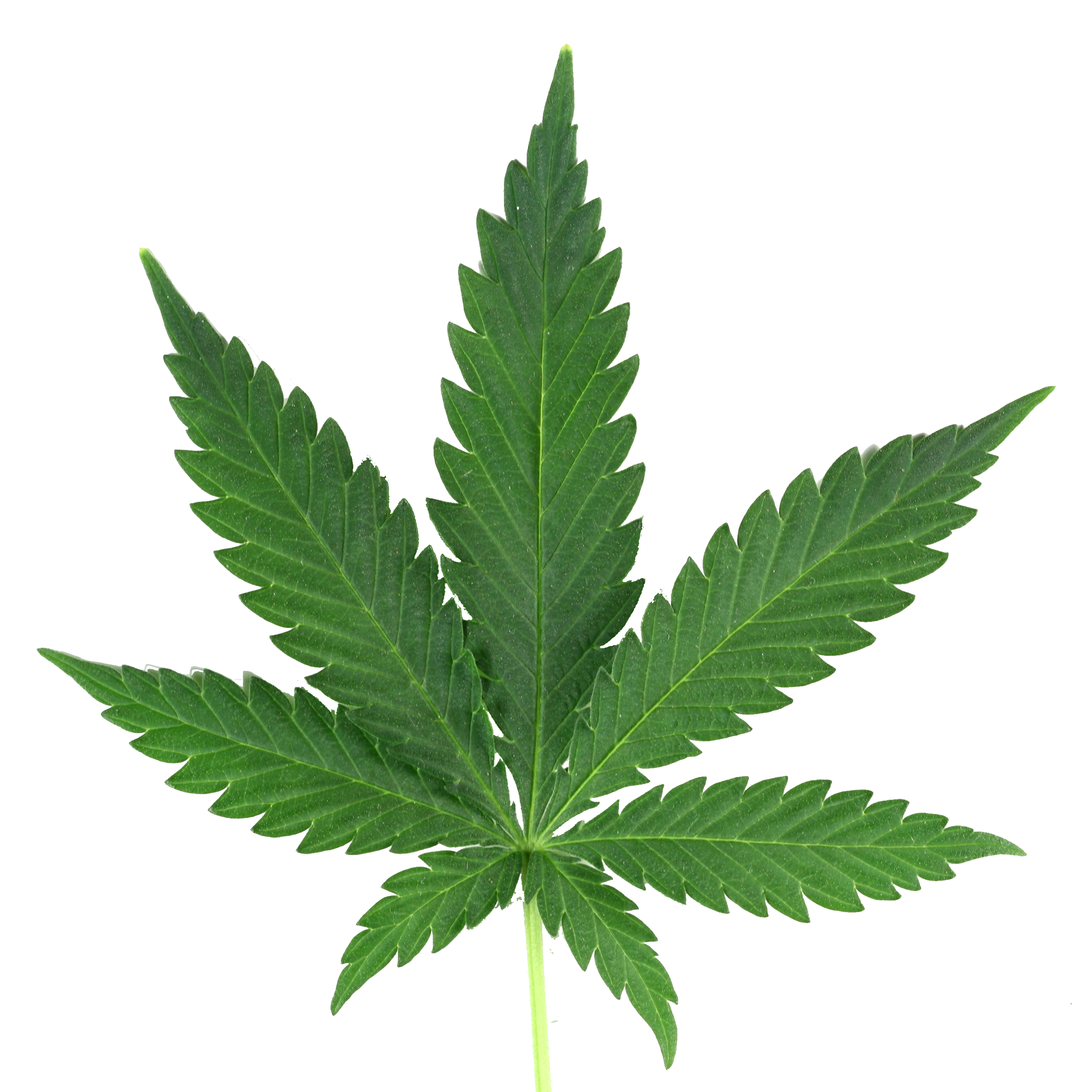Medical Marijuana: A Natural Alternative to Opioids
Medical Marijuana: A Natural Alternative to Opioids
Blog Article

In recent years, the conversation around pain management has taken a significant turn, particularly with the growing opioid crisis that has affected countless lives. As awareness of the dangers associated with opioid use has increased, more individuals and healthcare providers are exploring alternatives to traditional pain relief methods. Among these alternatives, medical marijuana has emerged as a compelling option, offering a natural solution for those grappling with chronic pain, anxiety, and various other conditions.
Medical marijuana is derived from the cannabis plant and has been used for centuries in different cultures for its therapeutic properties. With the ongoing research and changing legal landscapes, many are beginning to recognize its potential benefits. From alleviating severe pain to providing relief from inflammation and symptoms associated with anxiety, medical marijuana presents a promising avenue for treatment that is distinct from the risks associated with opioid medications. As we delve deeper into this topic, we will explore the effectiveness, safety, and growing acceptance of medical marijuana in modern healthcare.
Benefits of Medical Marijuana
Medical marijuana offers a range of benefits that can provide relief to patients suffering from various ailments. One of the primary advantages is its effectiveness in managing chronic pain. Unlike traditional opioids, which can lead to addiction and have numerous side effects, medical marijuana has been shown to alleviate pain without the same level of risk. Patients often report significant improvement in their quality of life, as they are able to engage in daily activities with less discomfort.
Another noteworthy benefit of medical marijuana is its potential to reduce inflammation. For individuals with conditions such as arthritis or inflammatory bowel disease, the anti-inflammatory properties of cannabinoids can be particularly beneficial. This natural alternative helps to minimize swelling and discomfort, leading to a better overall sense of well-being. Moreover, it can be a safer option compared to non-steroidal anti-inflammatory drugs, which may also carry risks of side effects.
Additionally, medical marijuana has demonstrated promise in treating mental health conditions, including anxiety and post-traumatic stress disorder. Patients have found that specific strains and formulations can help to calm the mind and reduce symptoms of anxiety without the harsh side effects associated with some pharmaceutical medications. This holistic approach to mental health management is gaining traction as more individuals seek alternatives that align with their values and health needs.
Comparative Analysis with Opioids
Online Medical Marijuana Card Application
The growing opioid crisis has prompted many to seek alternative pain management options, and medical marijuana has emerged as a potential solution. Unlike opioids, which can lead to dependency and a host of adverse side effects, medical marijuana offers a different approach to pain relief with a more favorable safety profile. Studies have shown that medical marijuana may effectively alleviate chronic pain without the high risk of overdose associated with opioid use.
Moreover, medical marijuana often results in fewer side effects compared to opioids. While opioids can cause drowsiness, constipation, and respiratory depression, medical marijuana may provide pain relief with lower incidences of these complications. Patients using medical marijuana have reported improved quality of life, as they experience less cognitive impairment and maintain greater functionality. This can be particularly important for those managing chronic conditions where maintaining daily activities is crucial.
Finally, the potential for addiction is considerably lower with medical marijuana than with opioids. While the risk of developing a substance use disorder with opioids can be as high as one in four, studies suggest that marijuana carries a significantly reduced risk for addiction. This makes medical marijuana an appealing option for those who have struggled with substance misuse or who are seeking safer alternatives for pain management without the stigma and consequences associated with opioids.
Legal and Regulatory Considerations
The landscape of medical marijuana is shaped significantly by legal and regulatory frameworks that vary widely across different jurisdictions. In some regions, medical marijuana is fully legal and regulated, allowing patients access to cannabis for therapeutic purposes. These legal structures typically require patients to obtain a prescription from qualified healthcare providers and to register with state health departments. Conversely, other areas maintain strict prohibitions, making it challenging for patients to access medical marijuana despite the potential benefits.
Navigating the legal complexities can be daunting for both patients and healthcare providers. Many states have established comprehensive guidelines that outline acceptable uses, dosages, and forms of medical marijuana. However, these regulations can change frequently, influenced by political, social, and scientific developments. As a result, it is essential for patients to stay informed about the specific laws in their state, especially when considering medical marijuana as an alternative to opioids.
Moreover, the federal stance on medical marijuana adds another layer of complexity. Although several states have legalized its use, cannabis remains classified as a Schedule I substance under federal law, which restricts research, production, and distribution. This dichotomy can create barriers for patients seeking to explore medical marijuana for pain management. Continuous advocacy for policy reform is necessary to address these legal challenges and ensure that patients have access to all available treatment options, including medical marijuana.
Report this page